
Updated: August 4, 2025 • Seven-minute read (quiz, grading).
Your rating out of five stars
Why focus on food in the fall
The days are getting shorter, the air is getting cooler, and suddenly, you feel the sneezing coming on at the office or on the subway... Fall is the return of the little slumps, but also the perfect time to pamper your immunity! Rather than giving in to supplements at every turn, why not trust seasonal foods? A colorful, varied plate is already a first natural defense against viruses 🥗. Because yes, your immune system loves the vitamins, minerals, fiber, and antioxidants found in fall products. Through this guide, I share my advice, chef's tips, and good ideas to treat yourself while putting all the chances on your side to stay in shape until winter.
Seasonal fruits and vegetables to favor
No need to look far: immunity stars often grow right next door to you. Root vegetables like purple turnips , carrots, and beets are rich in fiber and essential micronutrients. Squash, and especially pumpkin , provides a cocktail of beta-carotene and vitamin C, perfect for supporting your natural defenses. As for fruit, apples, pears, grapes, and plums are in the spotlight, but also think about walnuts, hazelnuts, and chestnuts, sources of zinc and good fatty acids.
A tip: vary the colors on your plate! The wider the palette, the more you diversify your antioxidant intake. To make sure you don't miss any of the calendar and cook locally, take a look at theseasonal fruit & vegetable calendar , or explore the official fall basket offered by the Ministry of Agriculture.
And if you want to twist your recipes, consider a blender to prepare vitamin-packed soups or smoothies, or invest in an air fryer for roasted vegetables without excess fat. In short, fall is the perfect opportunity to (re)discover local flavors while boosting your immunity!
Superfoods and unexpected allies
You often hear about "superfoods," but which ones should you choose in the fall? Good news: there's no need for expensive, exotic products. Garlic, for example, is a natural antibacterial (thanks to allicin) that enhances a simple gratin or soup. Local honey, rich in polyphenols, soothes the throat and stimulates the production of white blood cells. Mushrooms (porcini, shiitake, oyster mushrooms, etc.) are packed with beta-glucans, which are highly valued by our immune system. Even the humble kale, with its vitamins A, C, and K, deserves a place of honor on your table.
When it comes to drinks, hot green tea or ginger-lemon herbal tea are real allies for keeping you going when the temperatures drop. And if you want to give your microbiota a boost, don't forget fermented foods: raw sauerkraut, kefir, or homemade yogurt work wonders for enriching your intestinal flora, the first barrier against infections.
Finally, for a healthy aperitif, consider roasted pumpkin seeds or French walnuts, much more interesting than chips! And to prolong the summer flavors, preserve your autumn vegetables on the barbecue, in gentle grilling mode: taste, conviviality and immunity, it's all there.
Cooking tips for maximum vitality
Think eating healthy takes time? Think again! A little organization and a few clever utensils are all it takes. Prepare root vegetable soups in advance and blend them in two minutes using your smoothie blender . Individual portions freeze well and are a great way to help out on busy nights.
For a change, try air frying : sweet potato chips, pumpkin wedges, or crispy turnips will be ready in less than 20 minutes, without saturated fat. Also consider marinades made with lemon, garlic, and fresh herbs, which boost flavor while adding natural antioxidants to your dishes.
And why not invite the kids to make homemade fruit rolls or bars? You control the sugar and additives, and you'll teach good habits without the hassle. Bonus tip: always keep a jar of nuts or seeds handy for a quick and healthy snack. 🔥
How to boost your immunity without breaking the bank
It sometimes seems like eating healthy is expensive, especially with rising prices. However, there are plenty of tips to boost your immunity without breaking the bank. Choose raw, local produce: purple turnips, apples, pears, or Lorraine pumpkins are often cheaper directly from the producer or at markets, especially in the late morning.
Take advantage of deals on bulk items, and don't hesitate to freeze or prepare jars to vary your recipes. Legumes (lentils, chickpeas) are inexpensive and packed with nutrients: in soup, puree, or salad, they are a great substitute for meat on some days. To cook smart, explore accessories like blenders or air fryers , which limit energy and fat consumption.
Finally, don't forget about anti-waste solutions: carrot or turnip tops can be transformed into pesto, and leftover vegetables can be used in an omelet or quick gratin. For year-round inspiration, check out ourseasonal calendar and treat yourself without feeling guilty.
Frequently Asked Questions
What foods should you avoid in autumn to avoid weakening your immune system?
It's best to limit ultra-processed products that are too sweet or rich in trans fatty acids, which strain the immune system. Choose fresh, non-processed products and focus on variety to cover all your needs.
Should I take food supplements?
If your diet is balanced and varied, this is generally not necessary. Ask your doctor for advice if you have proven deficiencies or specific needs, but always start with your plate!
Which fruits should you choose for vitamin C?
Citrus fruits arrive later in the season, but by autumn, kiwi, pomegranate, apple or pear already provide a good dose of vitamin C. Also favor cabbage, parsley and broccoli.
Any ideas for boosting children's immunity?
Offer homemade smoothies, sugar-free compotes, or pumpkin or apple cakes. Kids love to participate, so invite them to choose and cook vegetables with you!


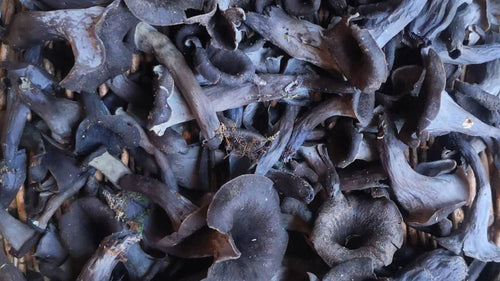
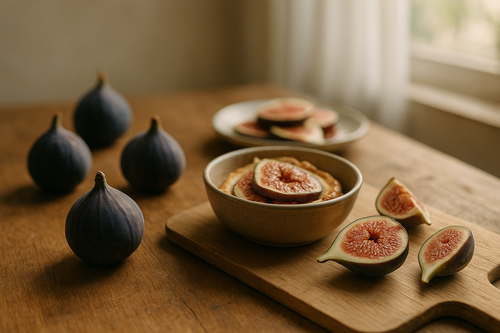
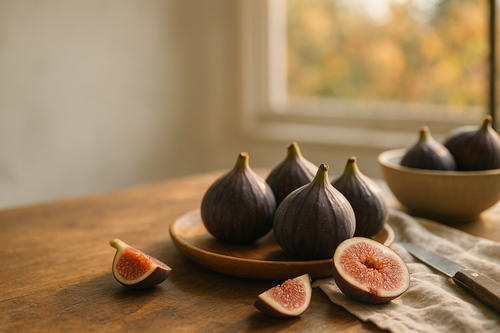



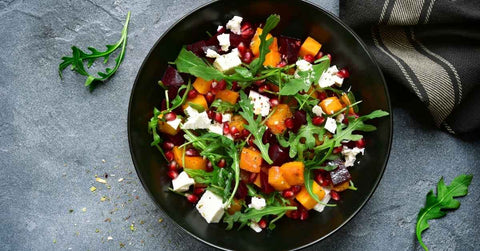
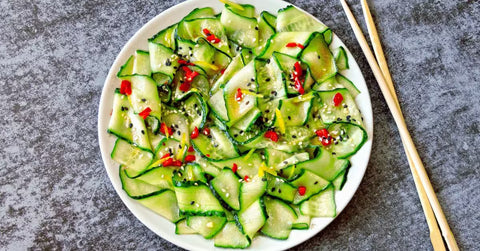
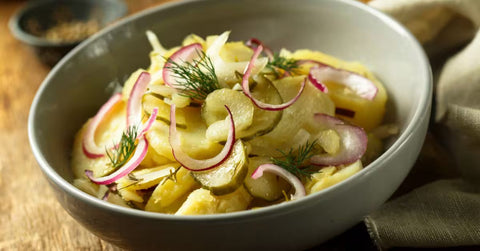
Comments (0)
There are no comments for this article. Be the first one to leave a message!